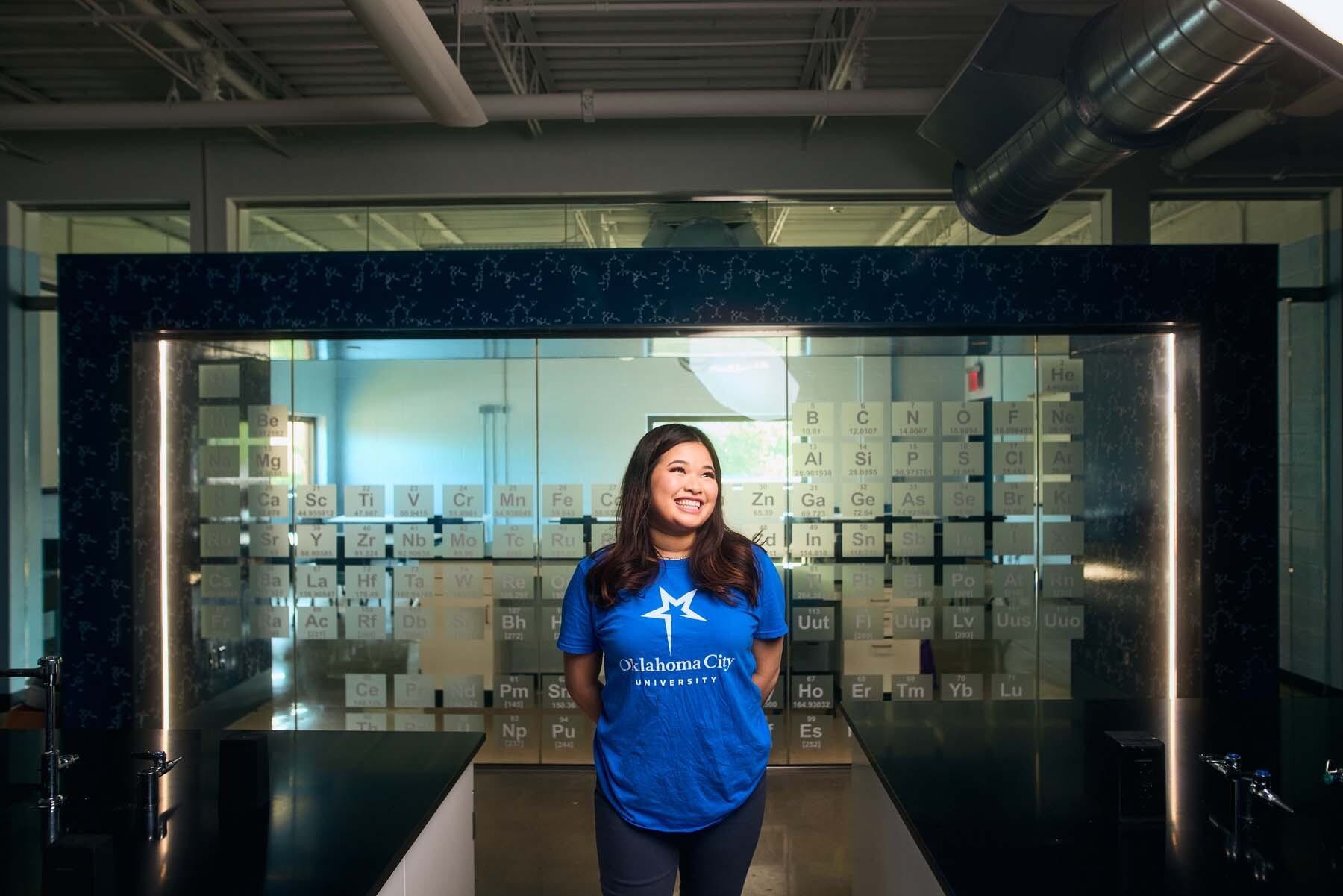

Why should I minor in Chemistry? Many reasons. Getting a minor in a difficult subject like Chemistry adds academic rigor and breadth to your education. It demonstrates to medical and graduate schools or your future employer that you are serious about learning science.
Who can minor in Chemistry? Anyone except Chemistry or Biochemistry majors. Many of our minors are Biology or Environmental Studies majors since the programs overlap significantly, but the minor is open to anyone.
How do I minor in Chemistry? You have to declare your minor in order for it to show up on your transcript. Merely taking the required classes is not enough. You need to fill out the “Change in Academic Status” form and have it signed by the chair for Chemistry (Dr. Prilliman).
Who can I ask for more information? You can talk to Dr. Prilliman (Department Chair of Chemistry), any of the Chemistry faculty or your academic advisor.
What classes do I need to take? Funny you should ask! The class list is on the next tab. Briefly, you need General Chemistry I and II (with labs), Organic Chemistry I and II (with labs) plus one more lab-based course beyond that.
| Course Number | Course Title | Credit Hours |
| CHEM 1104 | General Chemistry I | 4 |
| CHEM 1141 | General Chemistry I Lab | 1 |
| CHEM 1204 | General Chemistry II | 4 |
| CHEM 1241 | General Chemistry II Lab | 1 |
| CHEM 3103 | Organic Chemistry I | 3 |
| CHEM 3141 | Organic Chemistry I Lab | 1 |
| CHEM electives in 2000-, 3000-, or 4000-level courses | 8 |
CHEM 3714 Biochemistry I, CHEM 4403 Biochemistry II, and CHEM 4861 Chemistry Capstone will not count toward the minor.
